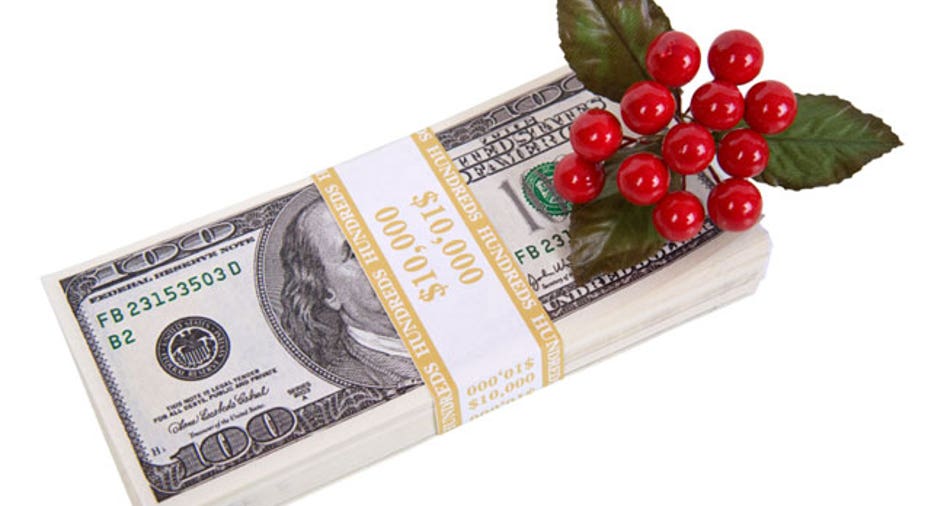Americans Expect to Spend Less Over the Holidays

This holiday season, plucky shoppers won't battle crowds as much as they'll combat high unemployment, stock market volatility and stagnant wages to bring home the goods for family and friends.
Economic uncertainty may be taking a toll on their shopping lists. Four out of 10 Americans (42%) report that they plan to spend less this holiday season than they spent last year, according to Bankrate's November Financial Security Index.
If holiday cheer is directly proportional to the level of spending -- and retailers would like you to believe it is -- many Americans will be having a slightly less cheery celebration this year. Just 1 in 10 plan to spend more than they did one year ago.
Spending versus saving
While consumers are busily planning frugal festivities, retailers are gearing up for an adequate holiday season. According to the National Retail Federation, holiday sales are expected to get a 2.8% boost over 2010. Last year brought an unexpected gift to stores, with a year-over-year increase of 5.2%.
This year, shoppers may not be able to pull off another holiday miracle. For one thing, consumer spending has been increasing faster than incomes. The most recent personal income and outlays report from the Bureau of Economic Analysis showed that spending went up 0.6% in September while incomes rose only 0.1%.
Without taking on debt, those levels of enthusiastic spending vis-a-vis incomes will be difficult to sustain. And many banks and lenders aren't peddling loans and credit cards the way they used to.
Since the end of 2007 to the end of the third quarter this year, consumers have trimmed about $152.3 billion in revolving debt.
"People are spending, but they are not going into debt. They are deleveraging; the debt is still massive," says James Livingston, a professor of history at Rutgers University and author of "Against Thrift: Why Consumer Culture is Good for the Economy, the Environment and Your Soul."
"They may have access to loans. That is debatable, but they have no recourse -- or less recourse -- to credit cards and home equity," he says.
Sustainable or not, consumer spending is being counted on to help lift the economy out of the doldrums -- particularly as the European debt crisis threatens this country's recovery. A recent economic letter from the Federal Reserve Bank of San Francisco put the odds of a recession in the first half of 2012 at 50-50.
"There is no economist who doesn't say without consumer spending in the short term we won't have a robust or even a substantial recovery," says Livingston. "The dark underside or the downside is that economists say we need short-term consumer spending, but in the long term we need to save more."
St. Augustine famously prayed to be granted chastity -- just not yet. Similarly, American consumers need frugality -- just not right now.
Consumer spending is often said to account for about 70% of gross domestic product -- and the holidays account for a small but significant portion of that.



















